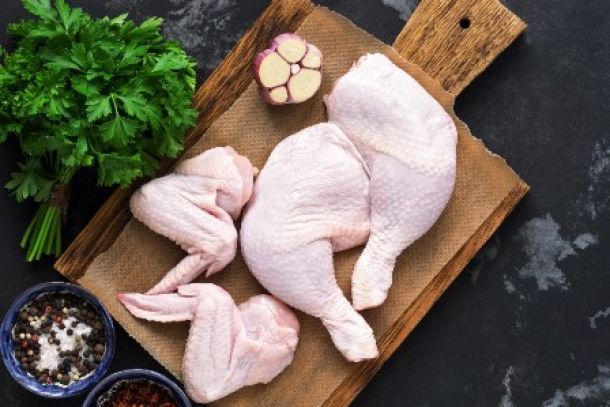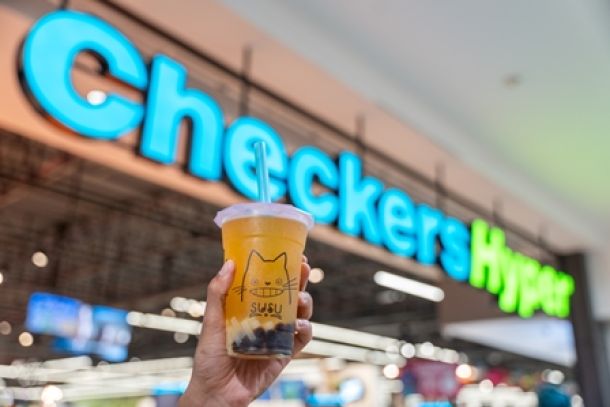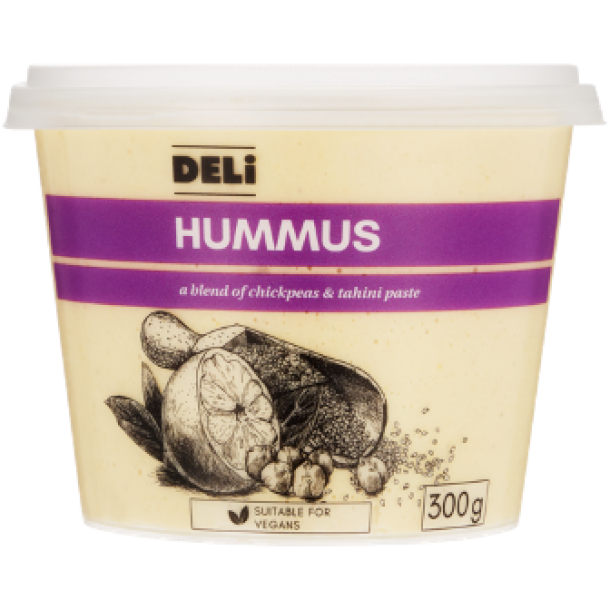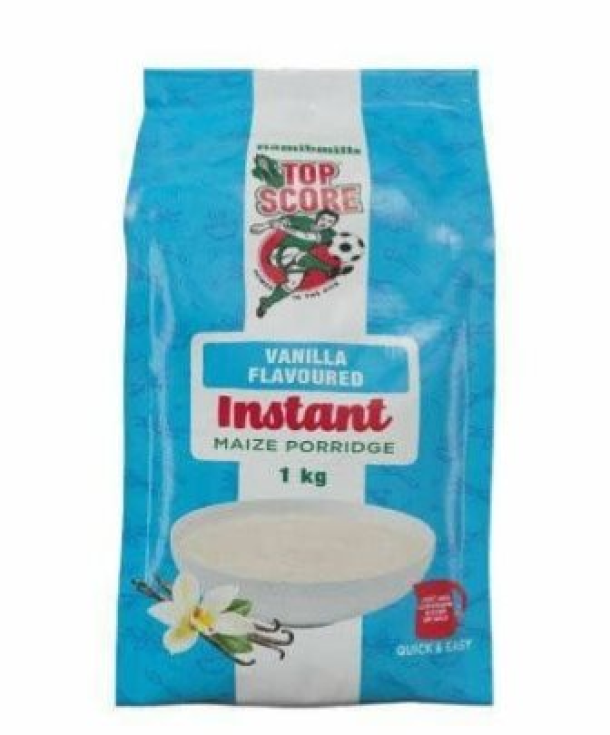Private label’s market share reaches all-time highs in 9 European countries
The popularity of private label keeps growing across Europe. The latest Nielsen data shows that market share for retailer brands has climbed to all-time highs in 9 European countries and for the first time stands at 30% or above in 15 of the 20 countries tracked for PLMA’s International Private Label Yearbook.
Brian Sharoff, President of PLMA, says, “The latest Nielsen statistics reveal clearly that 2016 was another good year for retailer brands in Europe. This continues a long-term trend which shows that private label’s success isn’t tied to economic cycles but reflects the growing confidence shoppers have in retailer brands.”
The 2017 Yearbook statistics reveal that private label’s market share reached all-time highs in Germany, Italy, The Netherlands, Belgium, Poland, Austria, Sweden, Norway and Denmark.

The 2017 Yearbook statistics reveal that private label’s market share reached all-time highs in Germany, Italy, The Netherlands, Belgium, Poland, Austria, Sweden, Norway and Denmark.
The biggest market share increases were posted in Austria, up 2.8 points to 43%, followed by Germany, up 2.1 points to 45% and Poland, up 1.4 points to 30%. Seven countries now have market shares of 40% or higher: United Kingdom, Germany, Austria, Belgium, Switzerland, Spain and Portugal.
Market share in the United Kingdom stayed above 45% and appears ready to resume growth as supermarkets expand their private label programmes to combat the competitive challenge from discounters. In France, private label penetration remained over 30% for the thirteenth consecutive year.
In the northern countries, both Belgium and the Netherlands reached new market share highs. All of the Scandinavian countries - Denmark, Norway and Sweden - posted increases. For the first time, private label penetration for all of the Scandinavian countries stands at 30% or above.
Poland led the way among the Central and Eastern European countries, climbing more than one point to cross over the 30% market share mark. Hungary stayed steady at 34%, while Czech Republic and Slovakia remained over 30%.
Among the Mediterranean countries, market share in Italy climbed for the fifth consecutive year, posting its biggest increase since 2012. Private label penetration is expected to increase as Aldi enters the market and Lidl looks to add more stores there. Greece and Turkey stayed above 20%.
WHAT ARE PRIVATE LABEL PRODUCTS?
Private label products encompass all merchandise sold under a retailer's brand. That brand can be the retailer's own name or a name created exclusively by that retailer. In some cases, a retailer may belong to a wholesale group that owns the brands that are available to only the members of the group.
WHAT PRODUCTS ARE SOLD AS PRIVATE LABEL?
Major supermarkets, hypermarkets, drug stores and discounters today offer almost any product under the retailer's brand. Private label cover full lines of fresh, canned, frozen, and dry foods; snacks, ethnic specialties, pet foods, health and beauty, over-the-counter drugs, cosmetics, household and laundry products, DIY, lawn and garden, paints, hardware and auto aftercare.
WHAT ARE THE ADVANTAGES OF PRIVATE LABEL?
For the consumer, private label represents the choice and opportunity to regularly purchase quality food and non-food products at savings compared to manufacturer brands, without waiting for promotional pricing. Private label items consist of the same or better ingredients than the manufacturer brands, and because the retailer's name or symbol is on the package, the consumer is assured that the product meets the retailer’s quality standards and specifications.
WHO MAKES PRIVATE LABEL?
Manufacturers of private label products fall into three general classifications:
Large manufacturers who produce both their own brands and private label products.
Small and medium size manufacturers that specialise in particular product lines and concentrate on producing private label almost exclusively.
Major retailers and wholesalers that operate their own manufacturing plants and provide private label products for their own stores.
A UNIQUE ORGANISATION FOR A UNIQUE INDUSTRY
The private label business is unique. It has its own needs and objectives. That's why there is a trade association that serves the industry exclusively. Founded in 1979, the Private Label Manufacturers Association is the international trade organisation dedicated to the promotion of private label brands. With offices in Amsterdam and New York, PLMA represents more than 3,500 manufacturers and suppliers worldwide, ranging from companies that specialise in private label to those that produce private label products in addition to their own manufacturer brands. PLMA offers trade shows, programmes, and services that are specifically designed for the industry.
News Category
- International retailers
- On the move
- Awards and achievements
- Legislation
- Wine and liquor
- Africa
- Going green
- Supplier news
- Research tools
- Retailer trading results
- Supply chain
- Innovation and technology
- Economic factors
- Crime and security
- Store Openings
- Marketing and Promotions
- Social Responsibility
- Brand Press Office
Related Articles

Eskort is celebrating 107 years

UK poultry industry as exports to South Africa ...

Playful bubble tea shops launch in selected Che...

Consumer Commission launches investigation into...


